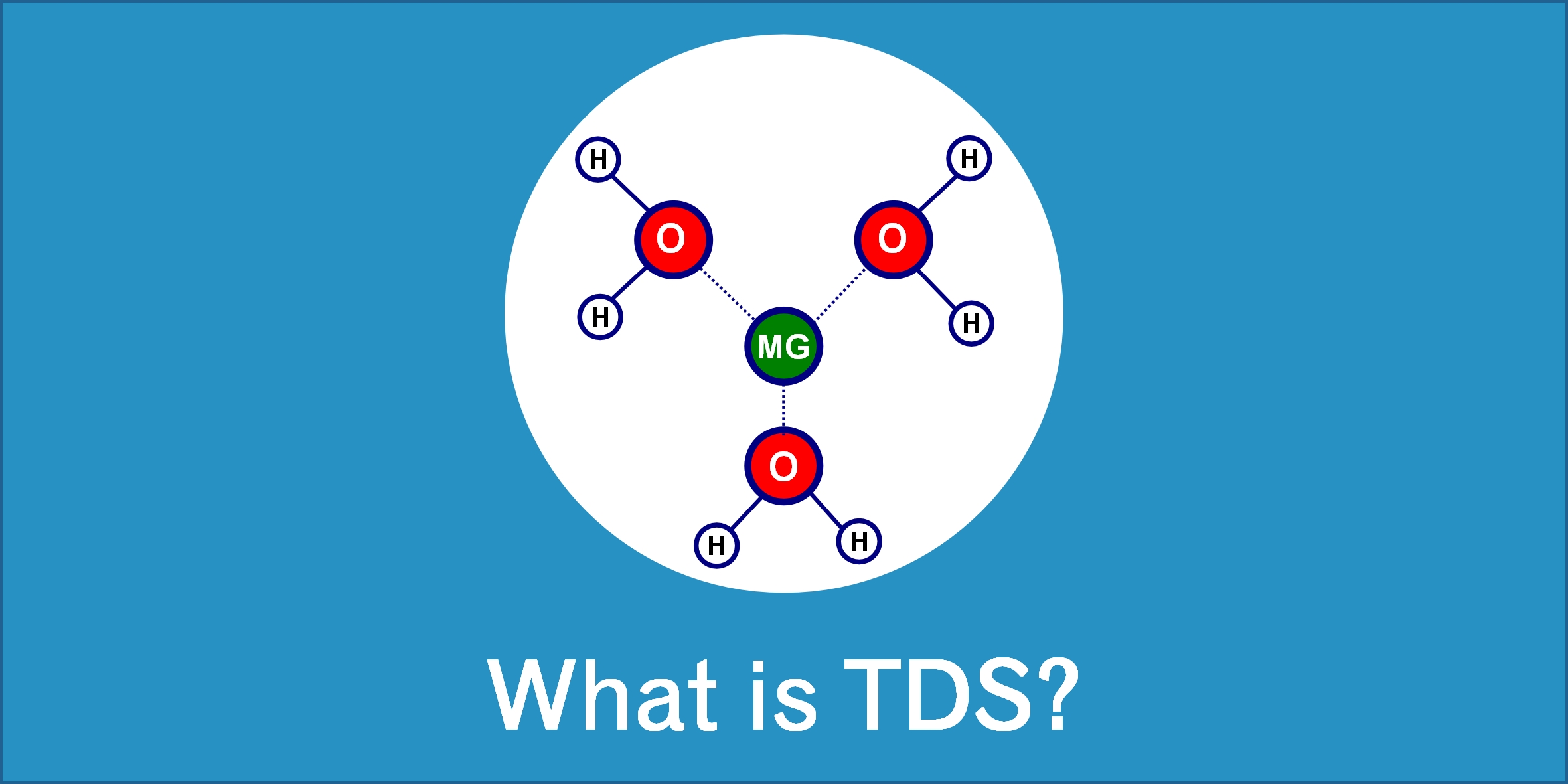
Total Dissolved Solids (TDS) is the total amount of charged ions dissolved in a given volume of water. This is expressed in units of mg per unit volume of water (mg/L) or as parts per million (ppm). These ions can include minerals, salts or metals and can affect everything that consumes, lives in or uses water. TDS will measure the quality and purity of water as well as the performance of water filtration systems.
The dissolved solids refer to any minerals, salts or metals dissolved in water. This includes anything present in water other than pure water molecules and suspended solids. Suspended solids are any particles or substances that are not dissolved or settled in the water, such as wood pulp.
In general, the total dissolved solids concentration is the sum of positively charged and negatively charged ions in the water.
A TDS meter is based on the electrical conductivity (EC) of water. Pure water has virtually zero conductivity. TDS is calculated by converting the EC by a factor of 0.5 to 1.0 times the EC, depending upon the levels. Typically, the higher the level of EC, the higher the conversion factor to determine the TDS.

